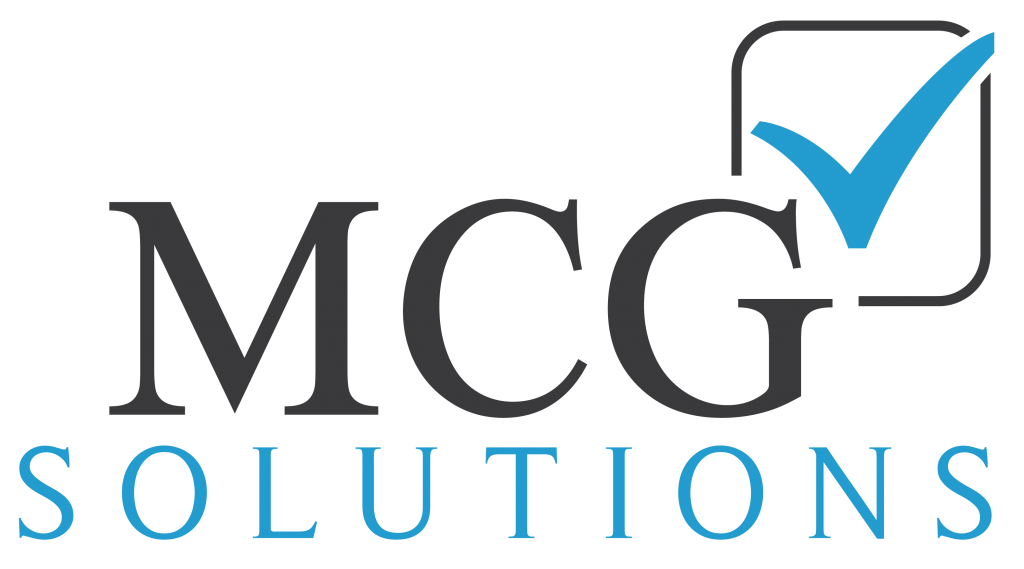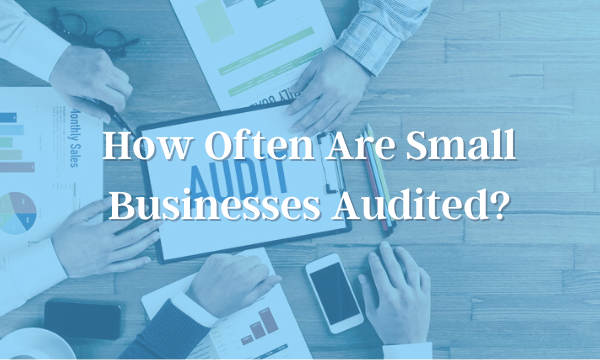The phrase “IRS audit” is enough to strike fear into the heart of any small business owner. No matter how meticulous your records are, there’s always the chance that the IRS will find mistakes. That can result in penalties and surprise tax bills, along with the inconvenience of the audit itself.
How often do small businesses actually get audited? Here’s the good news: only about one to two percent of small businesses are audited each year. Better yet, the vast majority of audits result in nothing more serious than additional taxes owed and the occasional penalty. There’s no reason for you to fear an audit, especially when you work with the bookkeepers at MCG Solutions.
What triggers a tax audit?
Most of us would like to avoid an audit at all costs. Here’s what to avoid whenever possible:
- Round numbers: While most accounting software rounds to the nearest dollar, beware of guessing or estimating your expenses. If you regularly report deductions and expenses in neat $100 increments, this could flag your tax return as suspicious. Track your expenses so that you’re never forced to guess.
- Failing to report corporate salaries: If your business is registered as an S-corporation or C-corporation, you must pay yourself a reasonable salary before making deductions. If you submit a return without paying officer salaries, your return may be flagged for review. Similarly, if you decide to pay yourself an unusually high or low salary, it could have the same result.
- Unusually high meal and entertainment expenses: Meal and entertainment expenses need to be “ordinary and necessary.” Always keep your receipts, and record the purpose of the event as well as who was in attendance. For instance, you might take a client out to lunch to discuss their latest project. Track the expense, scan the receipt and make notes. If you’re audited, it will be easy to prove it was a legitimate expense.
- Unusually high home office deductions: Make sure that you understand how home office deductions work before you claim them. Home offices must be used “regularly and exclusively” for business. Don’t try to claim more square footage than you use for work alone, or you may be subject to an audit.
- Claiming vehicles as solely for business use: If you personally own your vehicle (as opposed to the business being on the title), don’t claim it as a business expense. Instead, track and claim your mileage at the standard rate.
- Claiming business losses over several years: Newer businesses usually experience losses over the first few years, but eventually, they’re expected to generate revenue. If your business consistently reports losses year-over-year, you might be flagged for an audit.
As you can see, honesty and accuracy go a long way toward avoiding audits. Even if you are audited, keeping careful financial records is the best way to avoid penalties and additional tax liability. Most businesses have nothing to worry about—especially when you have a stellar bookkeeping team to keep your records accurate, up-to-date and accessible.
MCG Solutions wants to help your business thrive. Call us today to learn more about our bookkeeping solutions.

